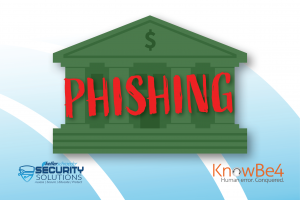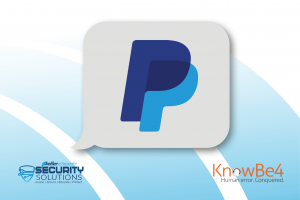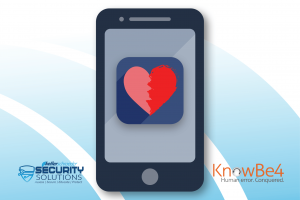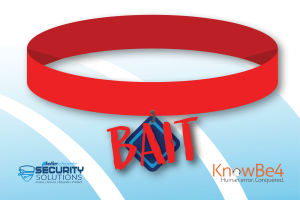
Security Tip of the Week – Phishing with Phony Loans
Bad guys continue to target struggling organizations. A recent example is a phishing email targeting those in the United States.
Each month, Keller Schroeder’s subject matter experts provide content about the latest tools, services, and technologies to help you understand how you can better grow, protect, and optimize your technical environments. We also share weekly cybersecurity tips and you can find business cultural and leadership knowledge from our President.

Bad guys continue to target struggling organizations. A recent example is a phishing email targeting those in the United States.

A new Smishing (SMS Phishing) attack uses an urgent text message to trick you into clicking a malicious link.

Cybercriminals love to use these phony look-alike login pages to steal your credentials and access sensitive information.

Let’s be honest, the age of social distancing can leave us feeling lonely, and bad guys are leveraging our loneliness for their scams.

In a truly malicious response to the pandemic, scammers are launching phishing attacks that claim to offer financial assistance to those in need.

Cybercriminals are creating phony online pet shops that advertise unbelievable prices on purebred pups to lure in stay-at-home workers.

Bad guys use social media to impersonate your real friends and followers while they try to trick you into sharing sensitive information.

The holidays have a way of creeping up on us, so expect scammers to be creeping into your inbox as well.

In a new phishing attack, the bad guys target your feelings of stress or excitement about returning to the office after many months of working remotely.

Unfortunately, the bad guys are always finding new ways to bypass email security filters and get you to click a malicious link.
Want to receive our monthly newsletter? Send us your contact info below to join our mailing list.